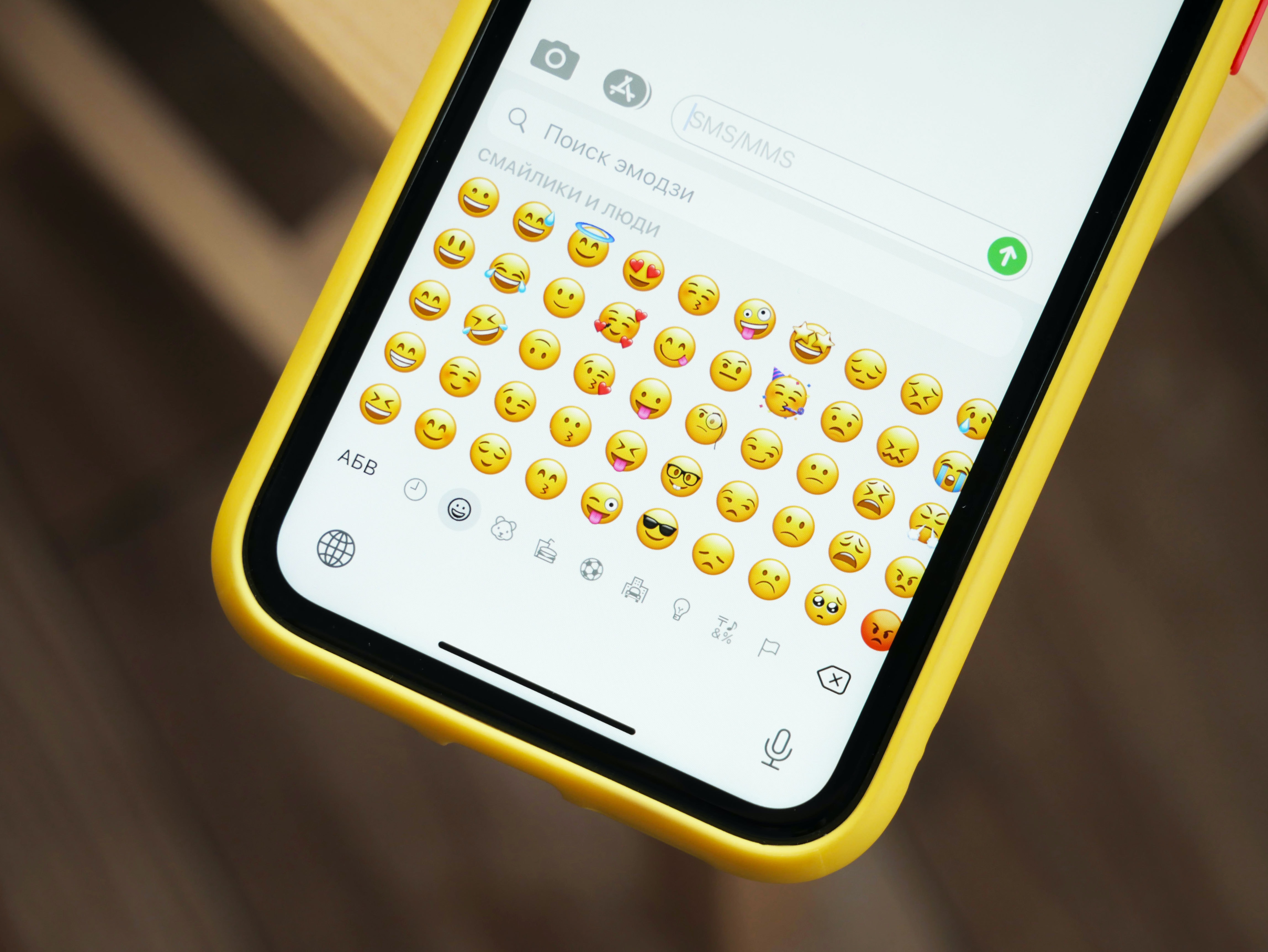Posted on:Apr 10 2021
How are you thinking about happiness these days?
Does the whole idea sound, I don’t know, tired, unattainable, the absolute least of your worries after the slog of this past year?
Or, stripped of so many of the usual daily shots of mood-boosters, watching life-as-we-know-it turn upside down, and facing unprecedented challenges, did you find yourself questioning and rethinking quite a lot about just what it is that brings us joy?
Really, what does it even mean to be happy?
Turns out we’re starting to embrace a more complex definition of happiness, one that focuses less on uninterrupted bliss and involves everything from a person’s environment to exercises that train the brain in ways to be happy.
I have a hard time understanding how happiness ever came to mean uninterrupted bliss, like endless chocolate cake and only home-runs. I mean, it seems obvious that it’s just not possible to feel good all the time and, even more regrettable, it’s foolish to aspire to that.
Aside from the unsustainability piece, these other emotions that are less pleasant, like fear, anger, sadness - as long as they aren’t debilitating - help us avoid threats or harm, prompt us to seek support. They’re useful, instructive, and let’s not forget spicey. They can teach us to appreciate the good times even more.
According to a neuroscientist at UC Berkeley, there's a new word for genuinely happy people - “emodiverse.” Emodiverse people can manage all different emotions, not just the easy ones...which leads to satisfaction with the way their life is going...which seems like a much more reasonable way to define happiness.
Life events, of course, play a role in happiness - they’re like its dance partner. As I mentioned above, the pandemic darkened spirits, but it also gave people a chance to rethink what is truly important and what makes them happy. It remains to be seen whether a renewed sense of gratitude, for something as simple as taking the time to enjoy a cup of coffee with friends or sitting and watching the birds out the window, has staying power beyond the pandemic.
Because it’s really about sustaining our sense of well-being, which is harder than achieving it - we tend to fall back into our routines and get caught up in busy lives, and return to autopilot rather quickly. (What’s the mental equivalent of oneway spike strips?)
Maybe the duration of this pandemic will help ensure successful sustainability - surely 13+ months is long enough for some new ways of achieving and appreciating life satisfaction to truly stick. It certainly dished up ample opportunities to practice dealing with difficulties and negative emotions.
Time will tell.
There are some hopeful educational developments around positive psychology that support the idea that happiness is both a choice and a skill we can cultivate - in other words, something sustainable. Grade schools around the world are beginning to adopt a well-being curriculum developed by the International Positive Education Network, which teaches critical thinking skills along with awareness. (By the way, this is also what The Pursuit of Happiness Curriculum, constructed by yours truly, does.)
Technology, too, has the potential to play a greater role in increasing and sustaining well-being, which, to be honest, old-fashioned me has a harder time rallying behind. A guy named Skip Rizzo, director for Medical Virtual Reality at the Institute for Creative Technology at USC, wants to create applications that people want just as much as Google Maps, but for navigating the inner world !
I try to imagine Dr. Rizzo’s idea of talking to a digital human (accessed via a “Virtual Human Mobile App) who begins a conversation with me (just guessing but presumably something like, “Hello, how are you feeling right now?”) and then, based on my recorded answers, this digital human walks me through a four-count breathing exercise, demonstrating and explaining each step and the benefits of such an exercise...
Those of us who’ve been traveling on the mindfulness road for awhile, we already have this kind of conversation, with ourselves, using our own 3-or-so pounds of real human gray matter instead of a phone... That said, I can see how, if you’re brand new to this sort of practice, an app could be useful in a training wheels kind of way. Perhaps Digital Human will be programmed to say something like, "Please turn off your phone now, look up, and go find a Real Human and make eye contact, share a smile even."
Other researchers are looking at how our natural environment shapes happiness. The 2020 World Happiness Report employed data from the cleverly-named app, Mappiness, that asks users to report their feelings of happiness at random points during the day while recording the time and their location. It found that positive emotions were recorded more often when people were in parks or by bodies of water. Social environment was important too - hiking or walking with a friend gave a bigger mood-boost than hiking or walking alone.
Again, for those of us who love being outdoors, this is not new news. If I need to bust a fussy, blue mood, meeting a friend for a walk is a sure-fire remedy. So is sitting on a park bench, catching a patch of sun.
I really hope this pandemic has taught us things about happiness and well-being, about what truly matters, that will endure after it’s over...and give us a leg up if/when we go through another one ! I also hope that, one day, brain training like meditation will become as routine as weight-lifting or running.
Either way, I’m pretty sure the pursuit of happiness will continue - human beings likely won’t tire of asking how to be happy. 😊
